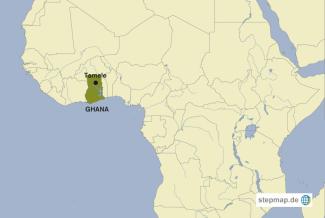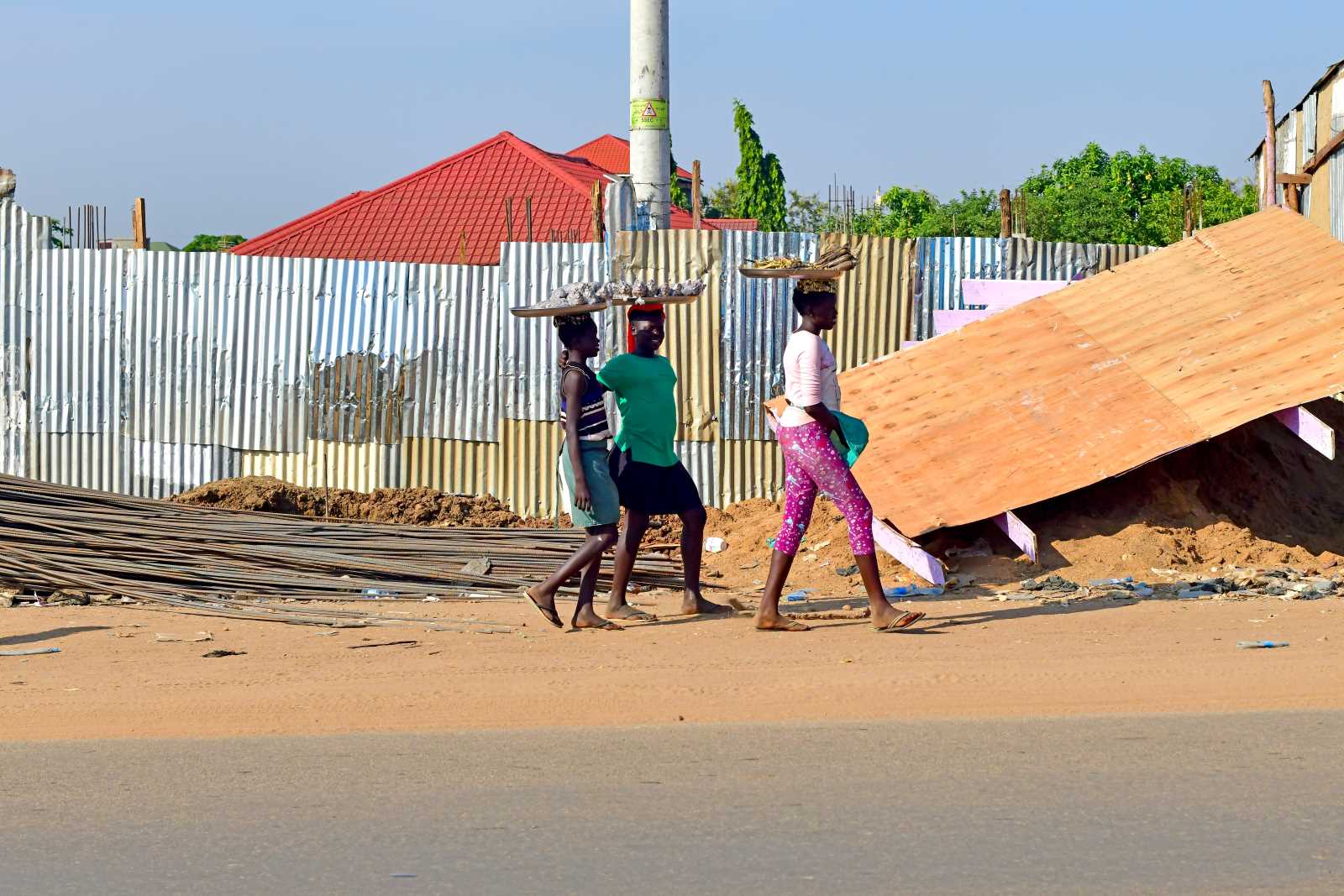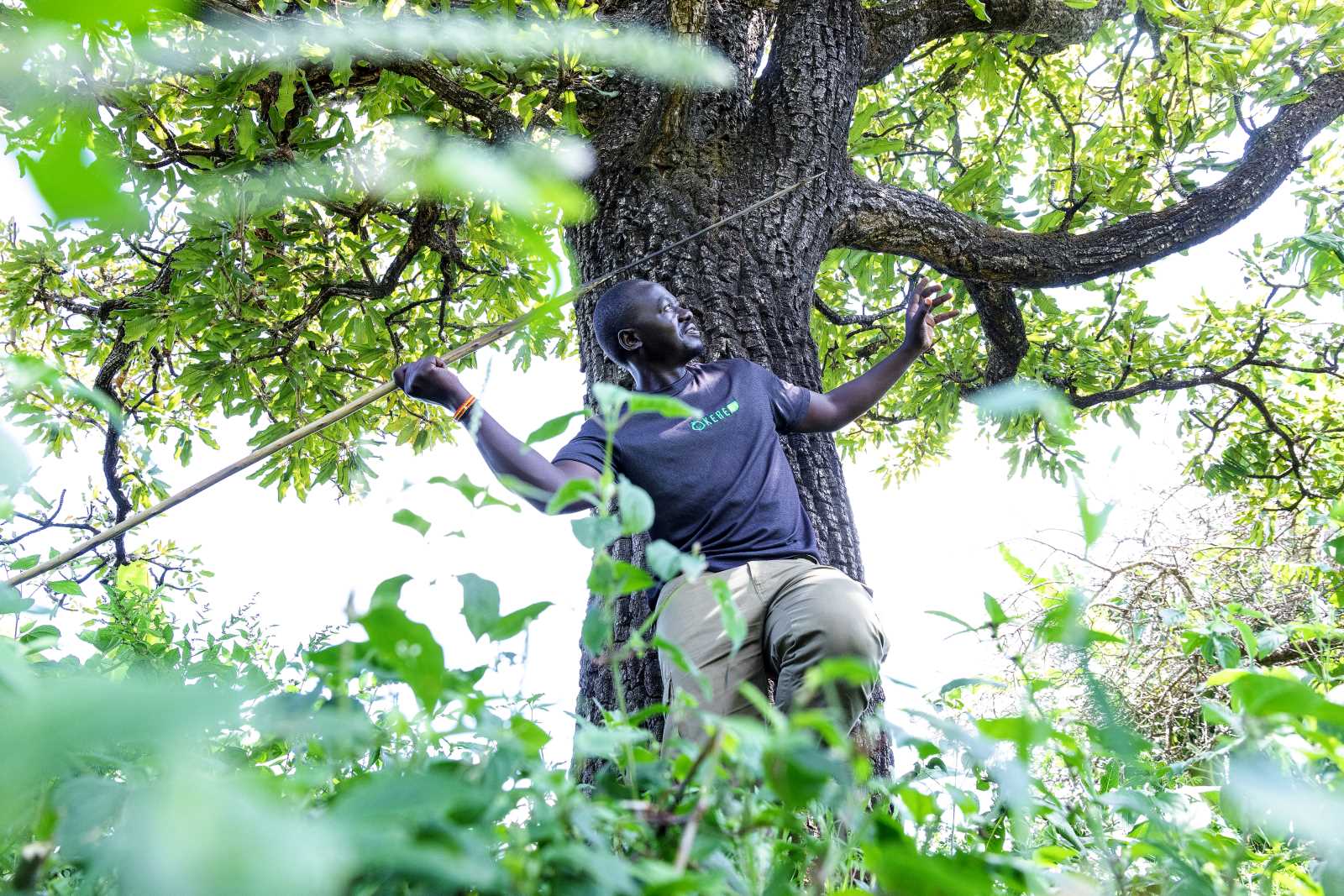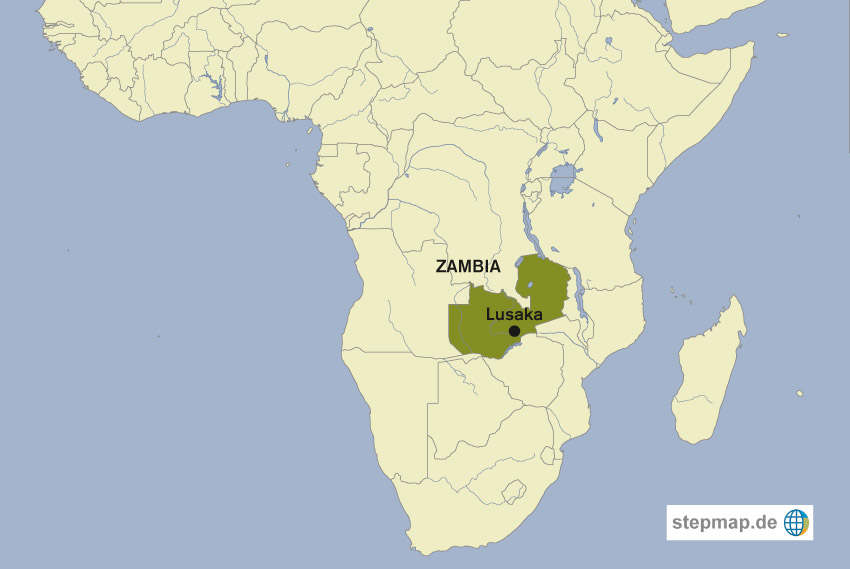Gender-based violence
Fighting forced marriage

Luckily, police apprehended the culprit and put him in jail. “The law will deal with any offender of such crime,” says Emmanuel Horlatu of the police department that deals with the abuse of women and children. It is called Domestic Violence and Victim’s Support Unit (DOVVSU). DOVVSU officers investigate cases of abuse and prosecute perpetrators, but they also work with other organisations that offer assistance and specialised help to victims. “In the last two years, 30 people have been prosecuted in this region for rape,” officer Horlatu relates.
Rape and sexualised offences are major threats to girls’ education in northern Ghana, because victims often become ostracised. Another issue is forced marriage of under-age girls, who then drop out of school. Under Ghana’s Domestic Violence Law, nobody can choose a spouse for another person. Teenage girls, however, are often married against their will.
Ghana has one of the highest rates of forced marriages of young girls and women in the world. It is particularly common in rural areas. According to figures by the non-governmental organisation Women in Law and Development in Africa (WiLDAF), one out of four girls in Ghana is married before her 18th birthday. Cases where the girl manages to escape are very rare. Those who aren’t so lucky miss out on schooling, usually have early pregnancies and are often condemned to a life of subservience and poverty.
15-year-old Gloria (not her real name) escaped abduction after she had just finished writing her final Junior High School examination. Her abductors planned the move meticulously. “They sent somebody to come and pick me up from my school. Then they locked me in a room and said that they had married me that way,” she remembers, visibly upset. After three days she escaped her prison and fled: “I saw a bicycle, and nobody was around, so I took the bicycle and rode away. It was really a narrow escape.”
Gloria is back in school, planning to be a nurse. DOVVSU secured support for the victim from a non-governmental organisation in Tamale, the Campaign for Female Education (Camfed). The organisation says it hopes to see the girl through her education by providing financial help. Iddisah Rashida, a Camfed programme officer, states that “forcing a teenager into marriage is a violation of her human rights. When we heard about Gloria’s case, we decided to join hands with DOVVSU to support her.”
Maxwell Suuk is a journalist and lives in northern Ghana.
suuk.max@gmail.com
Links:
Campaign for Female Education (Camfed):
https://camfed.org/
Women in Law and Development in Africa (WiLDAF):
https://www.facebook.com/WomeninLawandDevelopmentGhana












